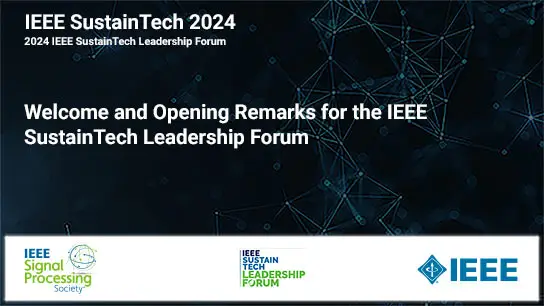Perceptual Loss Based Speech Denoising With An Ensemble Of Audio Pattern Recognition And Self-Supervised Models
Saurabh Kataria, Jesús Villalba, Najim Dehak
-
Members: FreeSPS
IEEE Members: $11.00
Non-members: $15.00Length: 00:11:26
11 Jun 2021
Deep learning based speech denoising still suffers from the challenge of improving perceptual quality of enhanced signals. We introduce a generalized framework called Perceptual Ensemble Regularization Loss (PERL) built on the idea of perceptual losses. Perceptual loss discourages distortion to certain speech properties and we analyze it using six large-scale pre-trained models: speaker classification, acoustic model, speaker embedding, emotion classification, and two self-supervised speech encoders (PASE+, wav2vec 2.0). We first build a strong baseline (w/o PERL) using Conformer Transformer Networks on the popular enhancement benchmark called VCTK-DEMAND. Using auxiliary models one at a time, we find acoustic event and self-supervised model PASE+ to be most effective. Our best model (PERL-AE) only uses acoustic event model (utilizing AudioSet) to outperform state-of-the-art methods on major perceptual metrics. To explore if denoising can leverage full framework, we use all networks but find that our seven-loss formulation suffers from the challenges of Multi-Task Learning. Finally, we report a critical observation that state-of-the-art Multi-Task weight learning methods cannot outperform hand tuning, perhaps due to challenges of domain mismatch and weak complementarity of losses.
Chairs:
Ann Spriet



